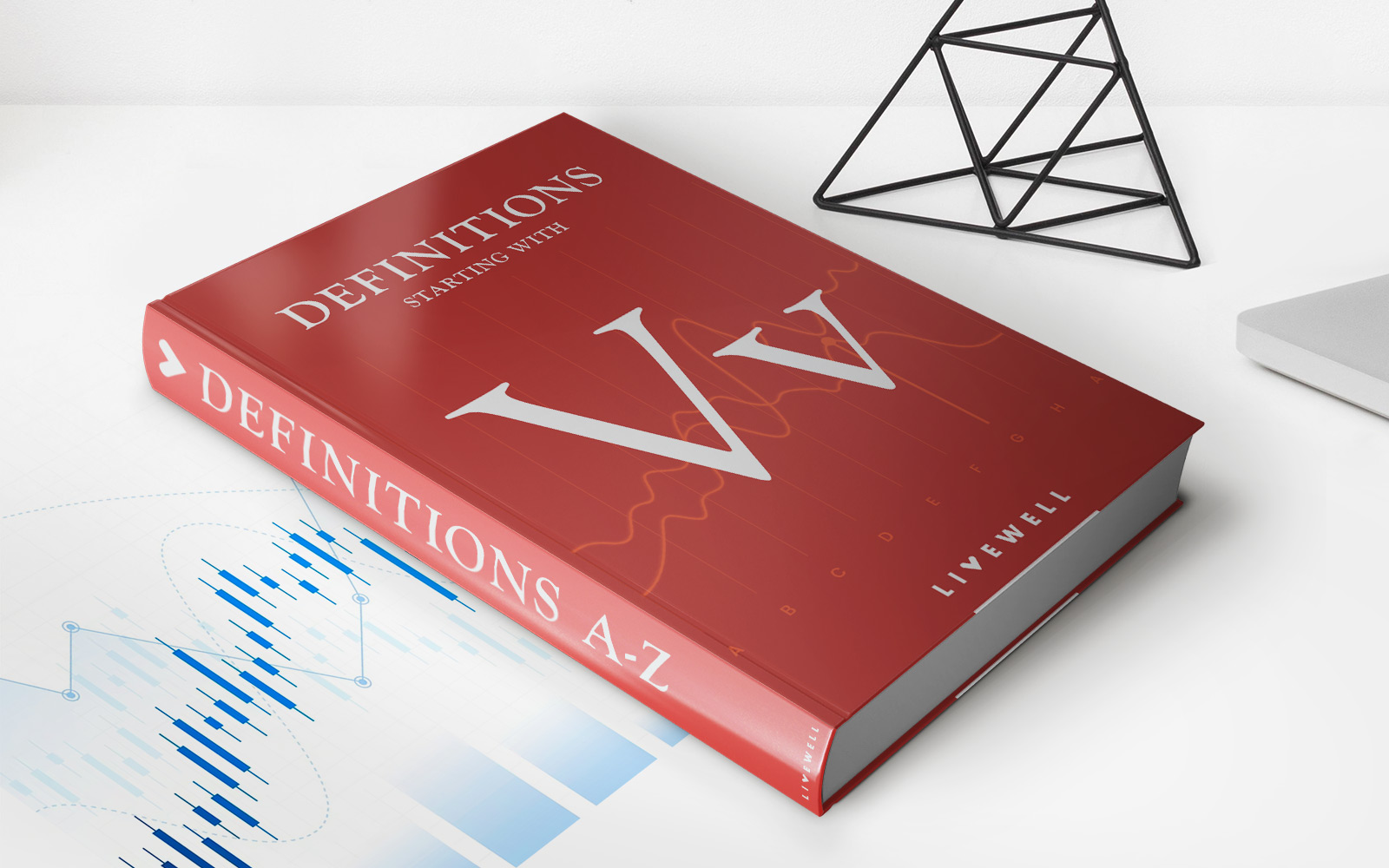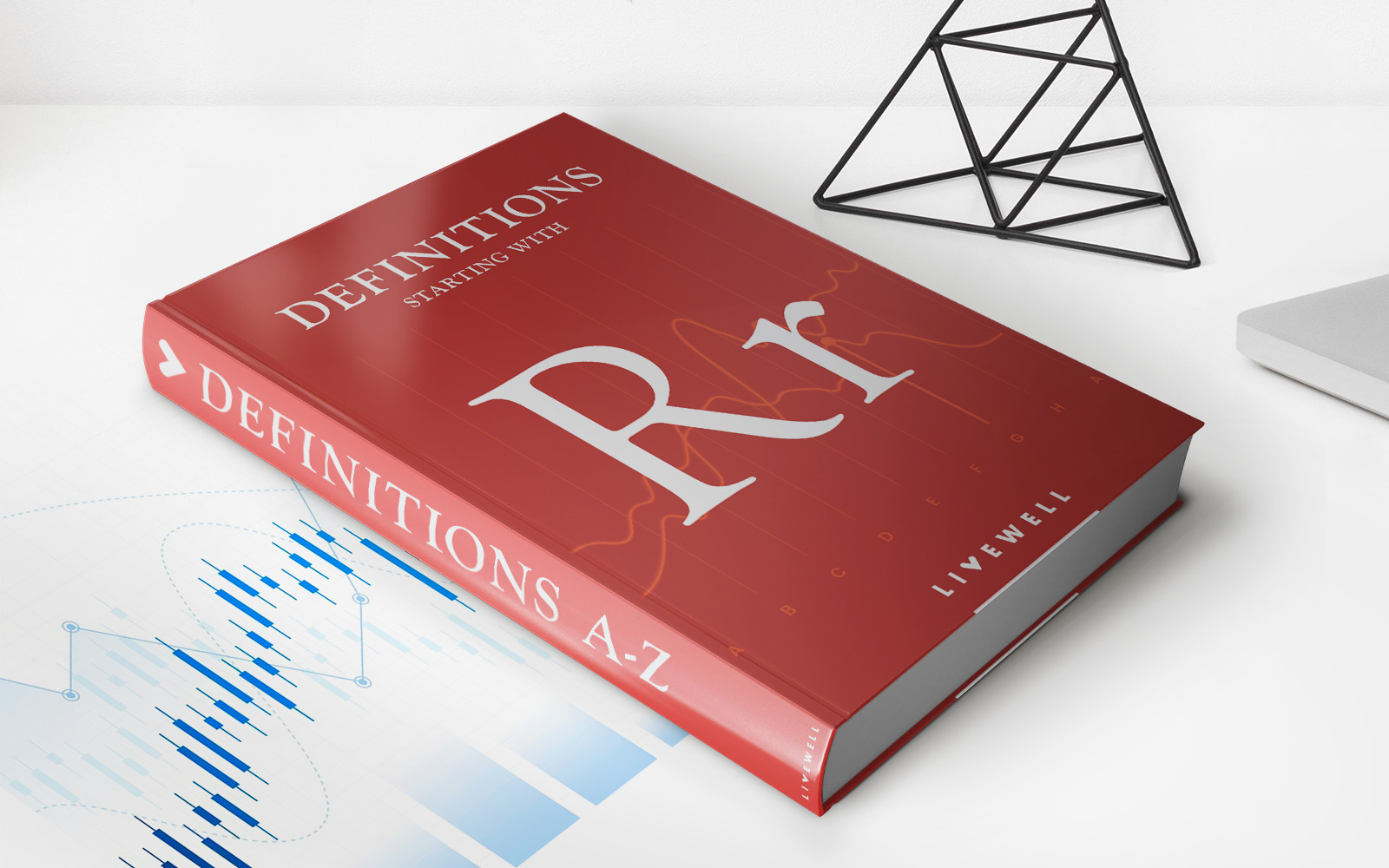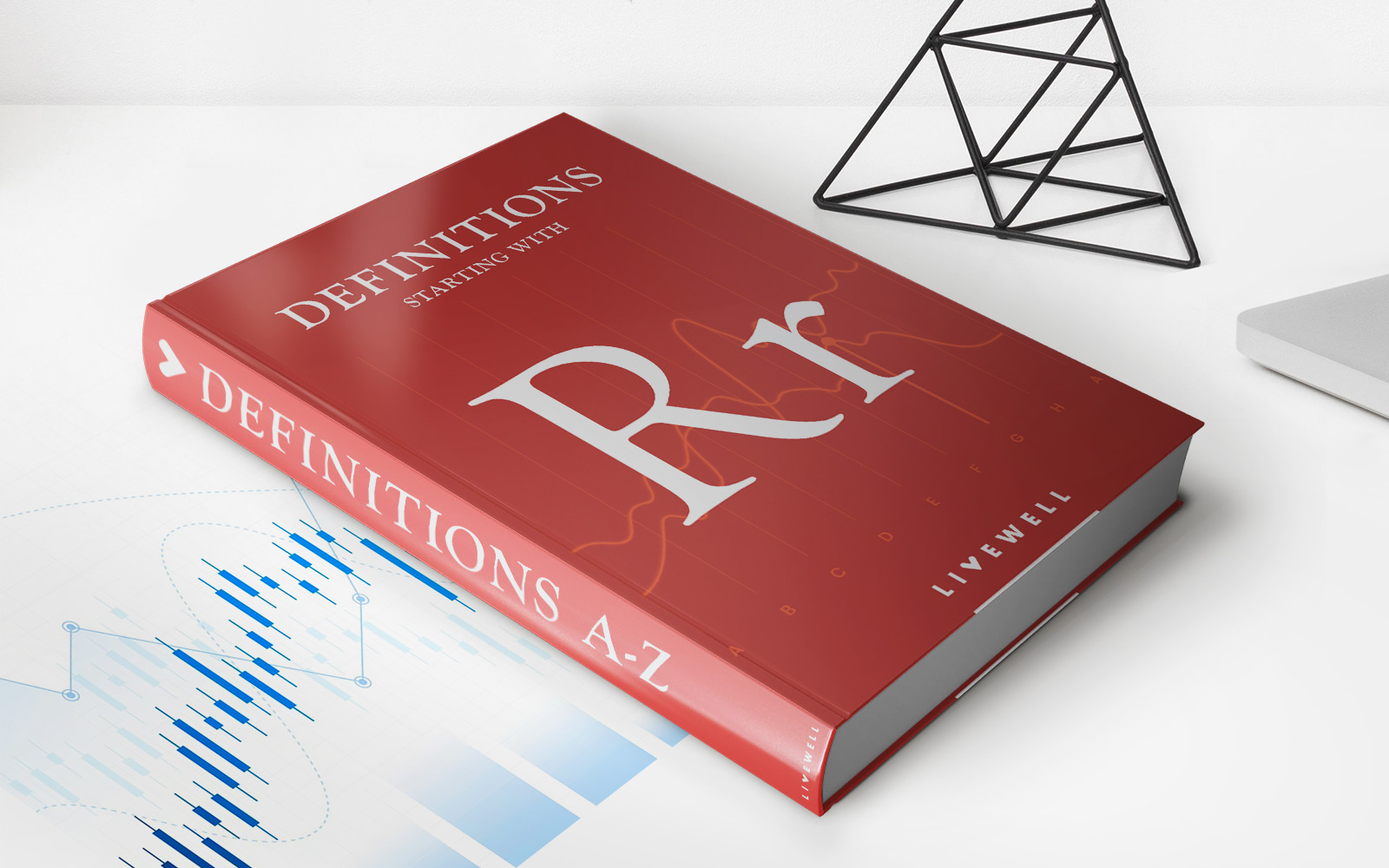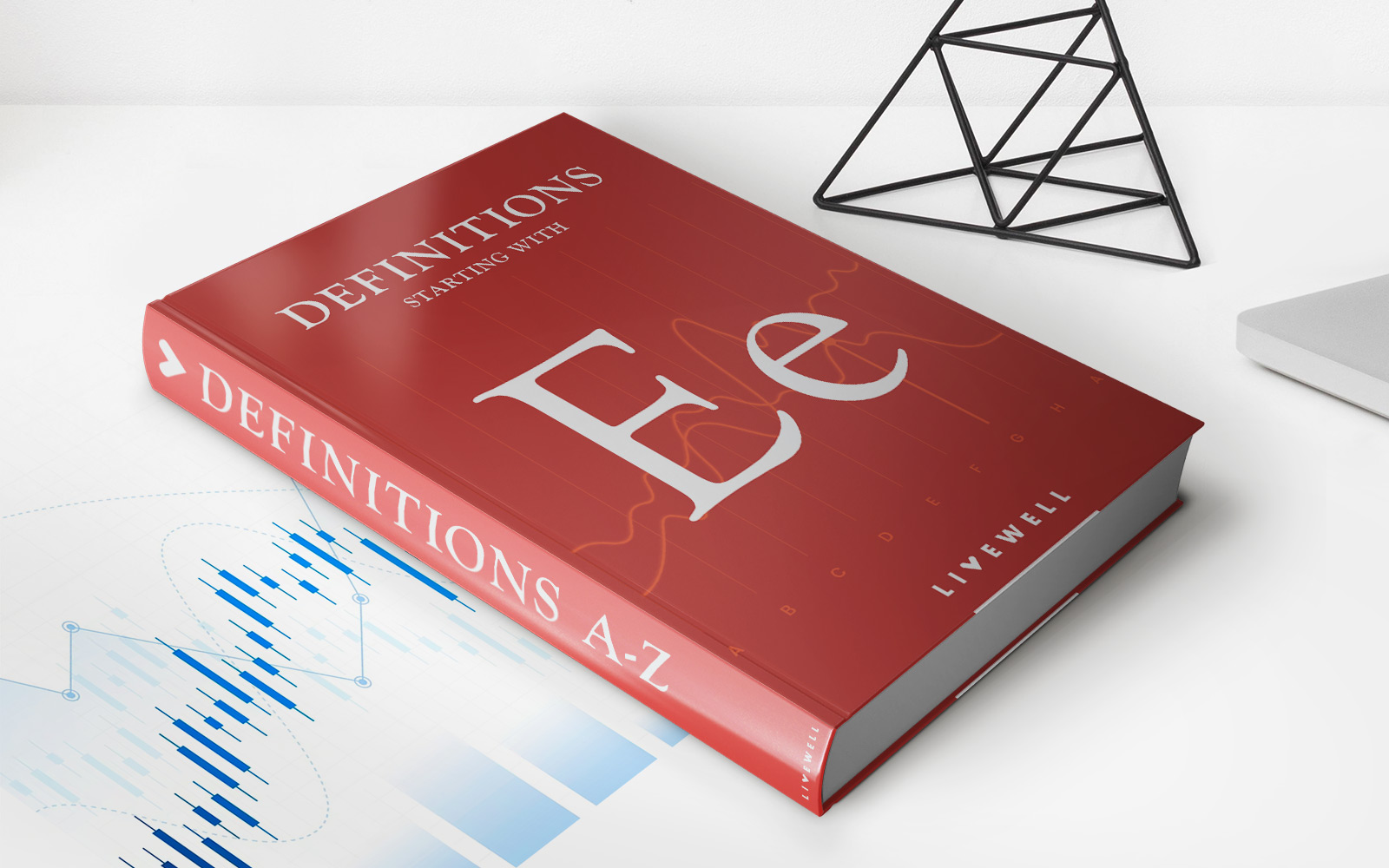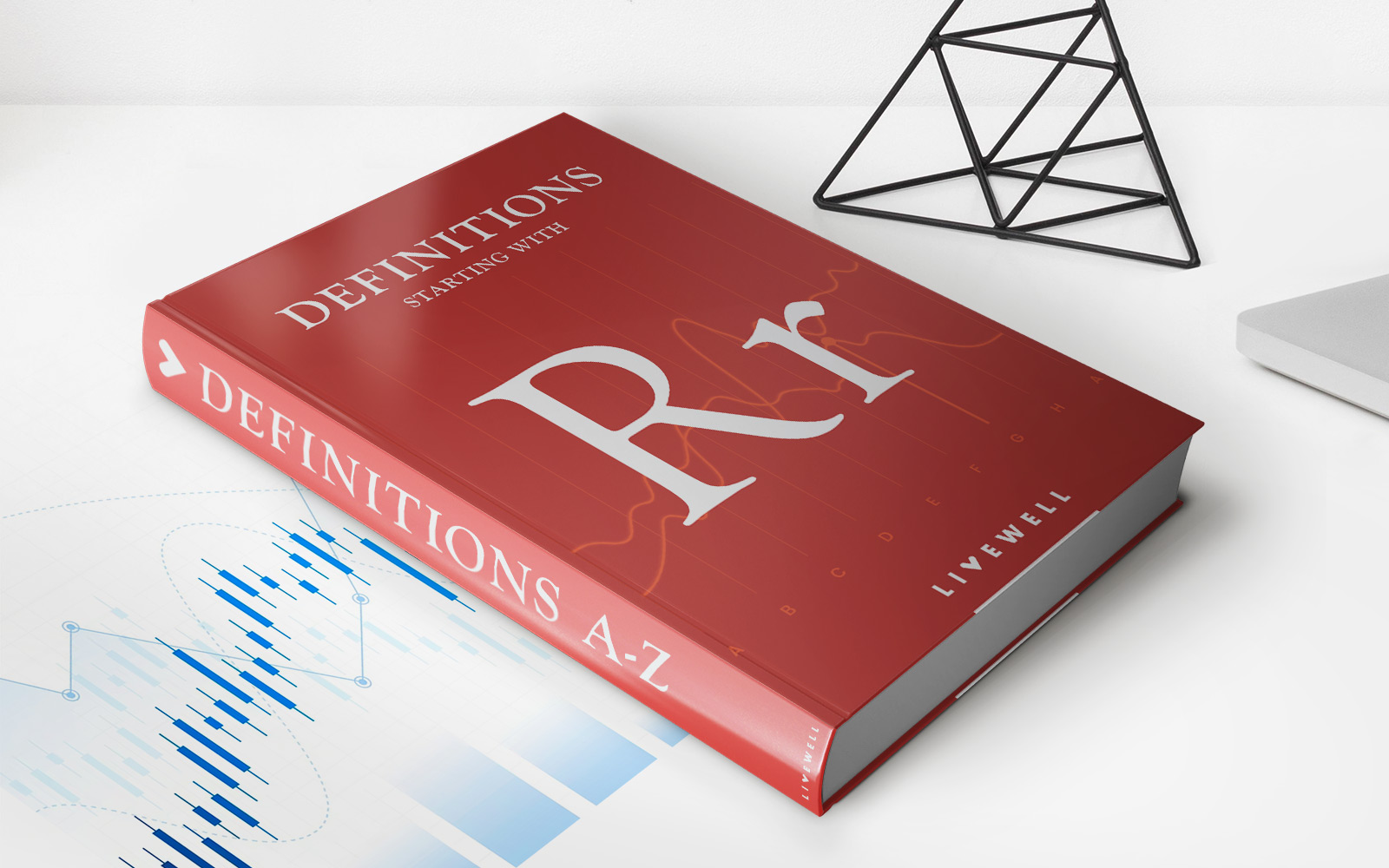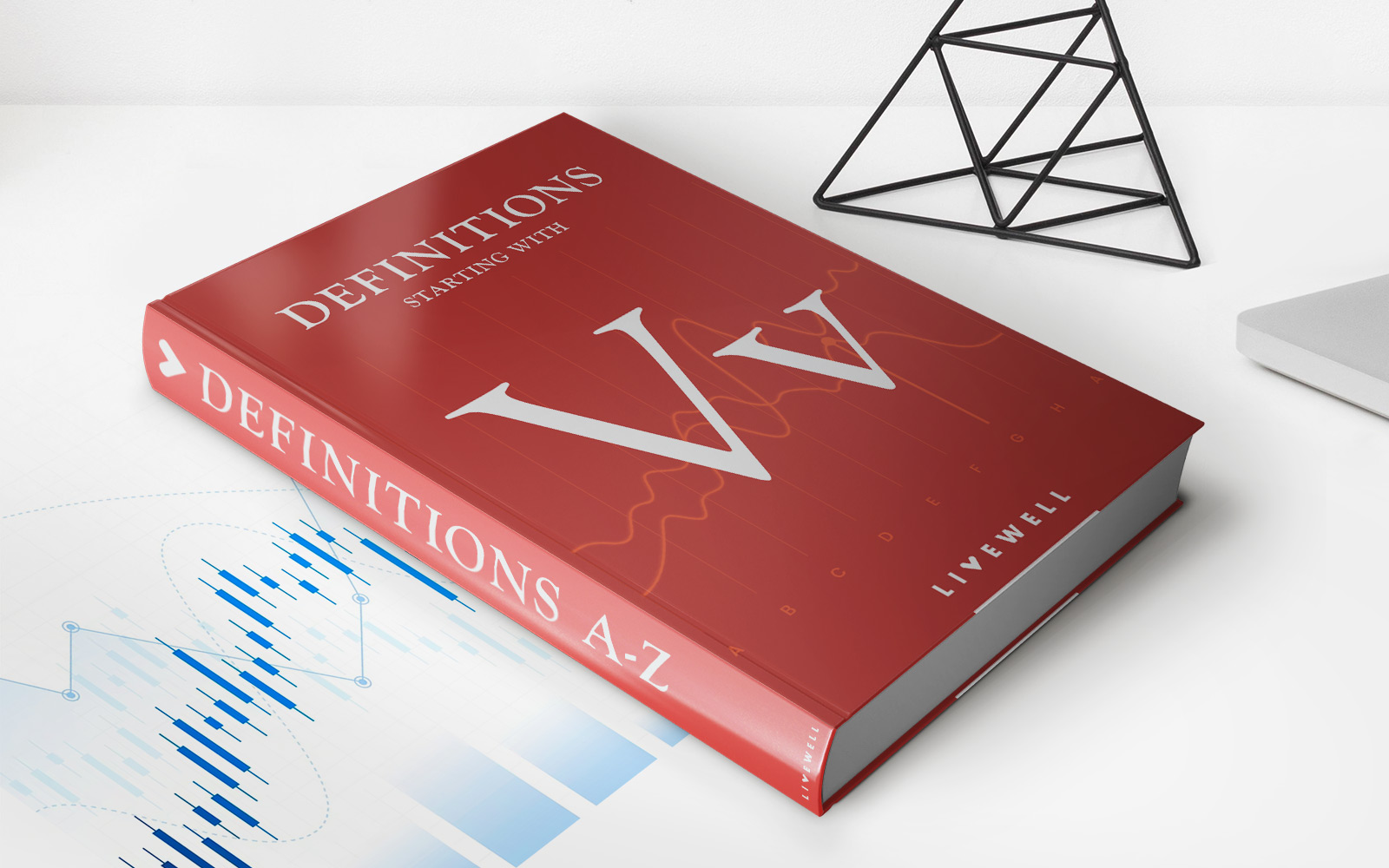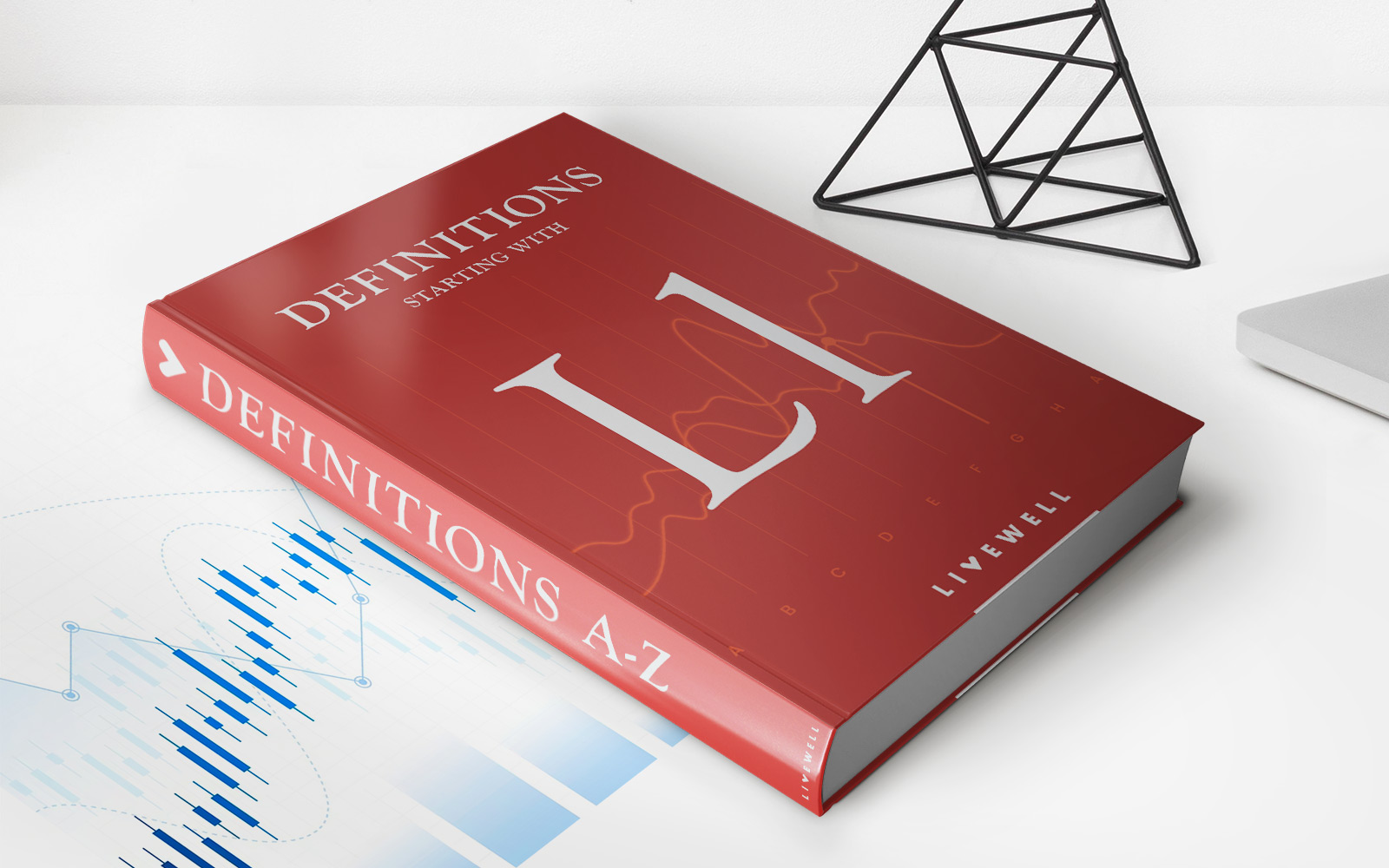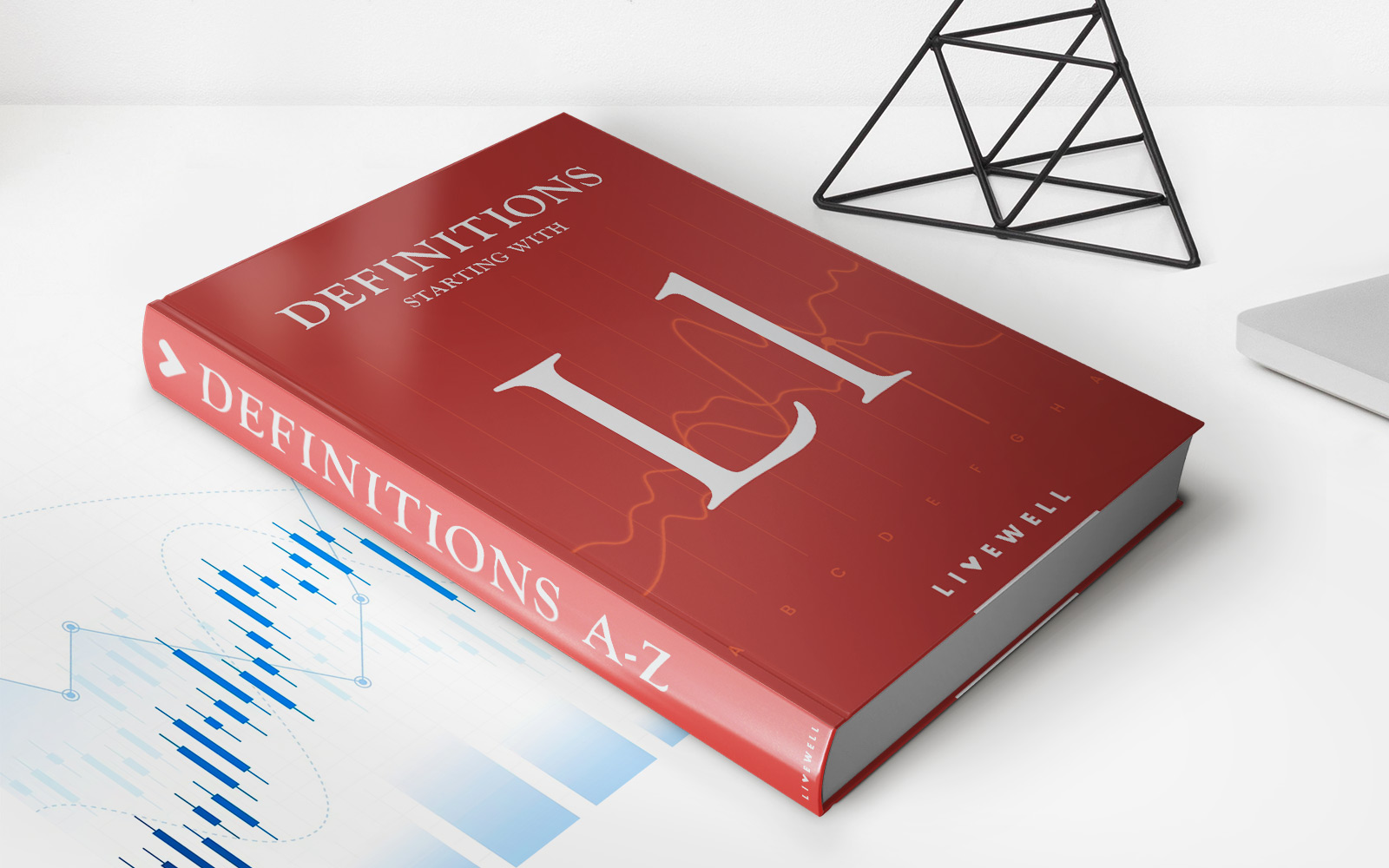

Finance
Proved Reserves Definition
Published: January 13, 2024
Learn the meaning of proved reserves in finance and how they are calculated. Understand the importance of proved reserves for oil and gas companies and their investors.
(Many of the links in this article redirect to a specific reviewed product. Your purchase of these products through affiliate links helps to generate commission for LiveWell, at no extra cost. Learn more)
What are Proved Reserves and why do they matter in Finance?
Proved Reserves are a critical concept in the world of finance and investments. Whether you are a seasoned investor or just dipping your toes into the financial waters, understanding what Proved Reserves mean and how they can impact your financial decisions is crucial. In this blog post, we will explore the definition of Proved Reserves and shed light on why they matter in the world of finance.
Key Takeaways:
- Proved Reserves refers to the estimated quantities of oil, natural gas, or any other mineral that an entity has determined with reasonable certainty to be economically recoverable.
- Proved Reserves play a significant role in investment decisions, valuation of energy companies, and forecasting future energy production.
So, what exactly are Proved Reserves? In finance, Proved Reserves refer to the estimated quantities of oil, natural gas, or any other mineral that an entity has determined with reasonable certainty to be economically recoverable. These reserves are derived from geological and engineering data, taking into account factors such as the geological formations, well production history, and technological advancements.
Now, you might be wondering why Proved Reserves matter in the world of finance. Here are two key reasons:
- Investment decisions: Proved Reserves are a crucial factor in evaluating investment opportunities in energy companies. Investors often rely on the amount of Proved Reserves as an indicator of future cash flows and profitability. Companies with larger Proved Reserves usually attract more investor interest and may be perceived as less risky.
- Valuation of energy companies: Proved Reserves directly impact the valuation of energy companies. These reserves are considered an asset on the company’s balance sheet and can significantly influence the company’s market value. When a company’s Proved Reserves increase, it can lead to a positive impact on its valuation.
Fundamentally, Proved Reserves help gauge the sustainability and profitability of an energy company. They allow investors and analysts to make informed decisions by considering the future potential of extracting and selling oil, natural gas, or other minerals.
Moreover, Proved Reserves are instrumental in analyzing and forecasting future energy production. They provide invaluable input for energy policy-making, resource planning, and global energy market analysis. By understanding the Proved Reserves, governments and organizations can better strategize for future energy demands and ensure a sustainable energy supply.
In conclusion, Proved Reserves are a crucial aspect of finance, particularly within the energy sector. These reserves help guide investment decisions, determine the value of energy companies, and provide insights into future energy production. So, the next time you come across the term Proved Reserves, you’ll have a better understanding of its significance in the world of finance.

